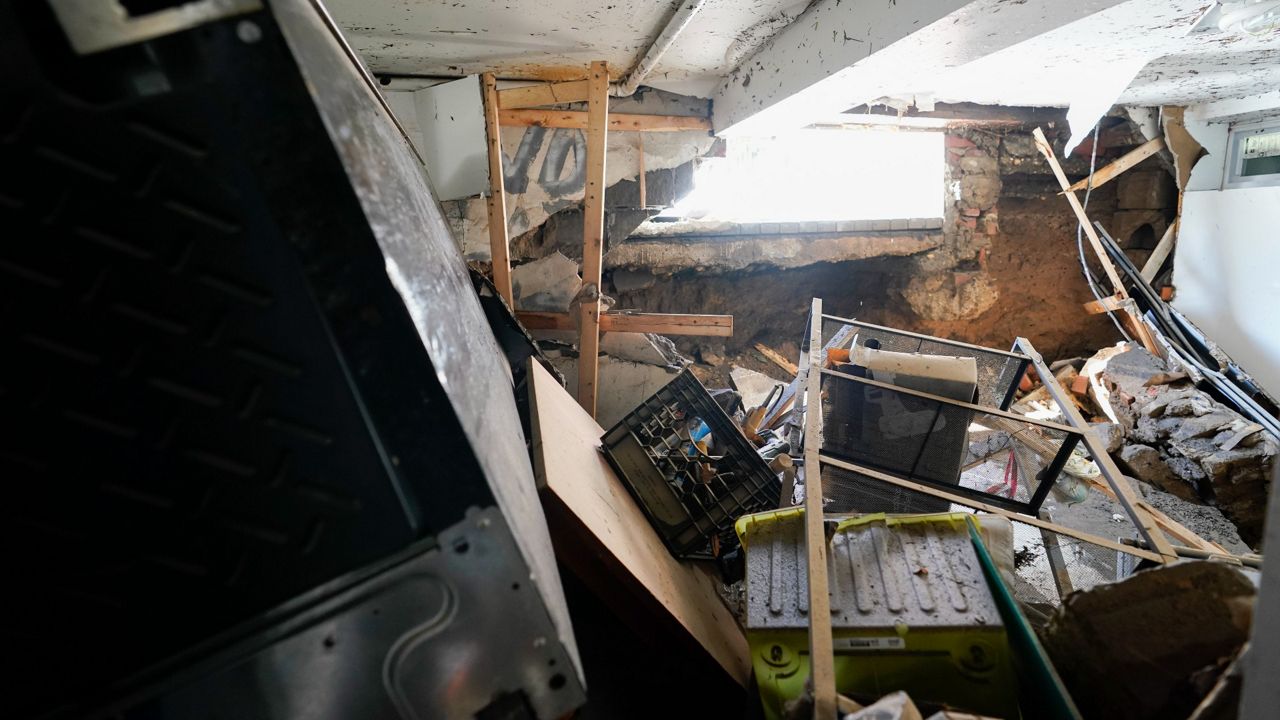Two City Council members are asking Mayor Eric Adams to finish funding a key pilot program for bringing the city’s many unregulated basement apartments up to safety standards — for a cost of just $250,000.
The pilot program, in East New York, was meant to show how the city could begin to assist homeowners in overhauling basement units — a cheap supply of housing for many low-income and immigrant families. Yet it lost nearly all of its funding in recent city budgets.
Councilwomen Sandy Nurse and Pierina Sanchez, who represent parts of Brooklyn and the Bronx, respectively, wrote in a letter Monday that the program needs $250,000 to complete ongoing work to the homes that have participated in it.
“It’s a drop in the bucket toward understanding how these conversions can work, and putting us on a path to legalizing thousands of units,” Nurse said in an interview.
The money would go toward remaining renovation expenses for the nine homes that were able to get funding through the program after the extensive budget cuts, Nurse said.
The pilot program, created out of legislation passed by the council in 2019, was supposed to last three years, and lead to an evaluation of how the city could bring basement units up to code, and therefore legal dwellings, at a large scale.
The program did not receive new funding in the latest city budget, which hit $101 billion.
“Many council members are not fully aware of the details of the pilot program,” Nurse said. “It really hasn't had as much visibility.”
The city has failed in recent years to make significant headway in bringing basement units — which are home to an estimated 100,000 people — up to code, such as with proper wall and window sealing to prevent flooding and layout changes to minimize fire risks.
Last September, Hurricane Ida caused flooding that lead to 11 drowning deaths in basement units.
Adams has said the city is waiting for the state to pass legislation that would give broader leeway to alter zoning rules, such as for parking allowances, that make adding legal basement units difficult in many neighborhoods.
Yet advocates pushing for a quicker path to legalization say that there are rules the city can change on its own to allow thousands of buildings with basement units to bring them up to city building and safety codes.
“We do need to create a pathway for legalizing and legitimizing and making safe the units that people are living in,” Nurse said.
In a statement, a spokesperson for Adams said the mayor supported changing state zoning rules to allow for legalizing basement units and that the administration had identified non-public funds to complete the pilot program.
